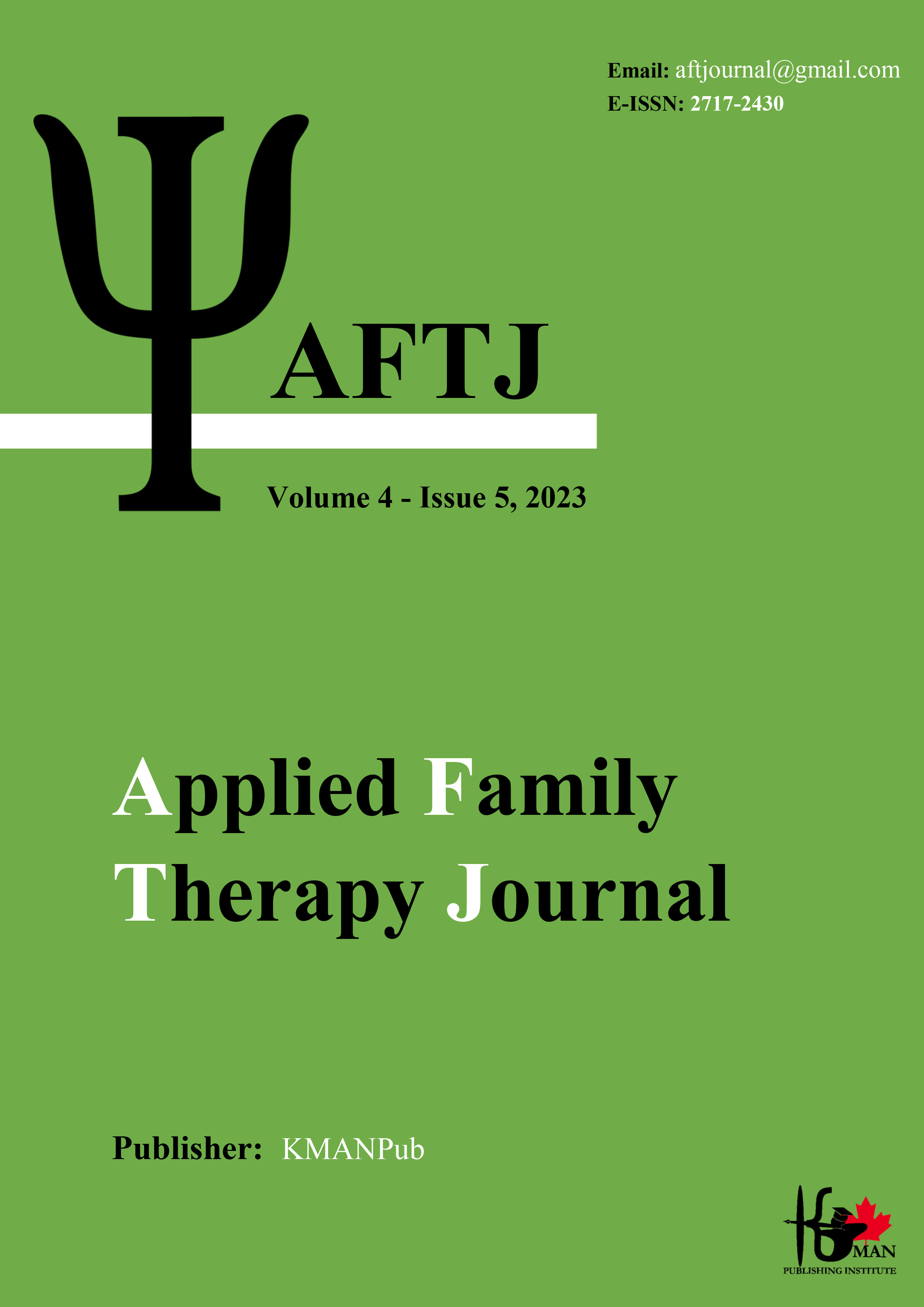Effectiveness of emotion regulation strategies treatment on avoidance and arousal behavior in women with post-traumatic stress disorder due to COVID-19
Keywords:
emotion regulation, post-traumatic stress disorder, avoidance behavior, arousalAbstract
Aim: The aim of this study was to investigate the effectiveness of treatment of emotion regulation strategies on avoidance and arousal behavior in patients with post-traumatic stress disorder due to COVID-19. Materials and Methods: The research method was semi-experimental with a single-subject multiline basic design. The statistical population consisted of people who were admitted to the intensive care unit of Masih Daneshvari Hospital in Tehran between 2020 and 2021 due to COVID-19 and had post-traumatic stress disorder. Three women were selected by available sampling method and assigned to emotion regulation strategies treatment group. Then, three subjects received an 8-session protocol for treatment of emotion regulation strategies (Gross-2008). Event-edited impact questionnaires (Garmer, 2003) were administered as research tools in four stages: baseline, third and sixth Chelsea and after treatment. Data were analyzed using SPSS software version 22 by repeated measurement analysis and data analysis using diagram drawing. The recovery percentage formula (Ogles, 2001) was used to judge the rate of recovery. Results: The results showed that the approach of emotion regulation strategies improved avoidance and arousal in patients with post-traumatic stress disorder due to COVID-19. The percentage of recovery of avoidance and arousal in patients with post-traumatic stress disorder caused by the disease was between 52% and 68%. Conclusion: It can be concluded that the approach of emotion regulation strategies improves avoidance and arousal in patients with post-traumatic stress disorder due to COVID-19 and this treatment can be used to reduce psychological problems in COVID-19 patients.
Downloads
Downloads
Published
Issue
Section
License

This work is licensed under a Creative Commons Attribution-NonCommercial 4.0 International License.





















